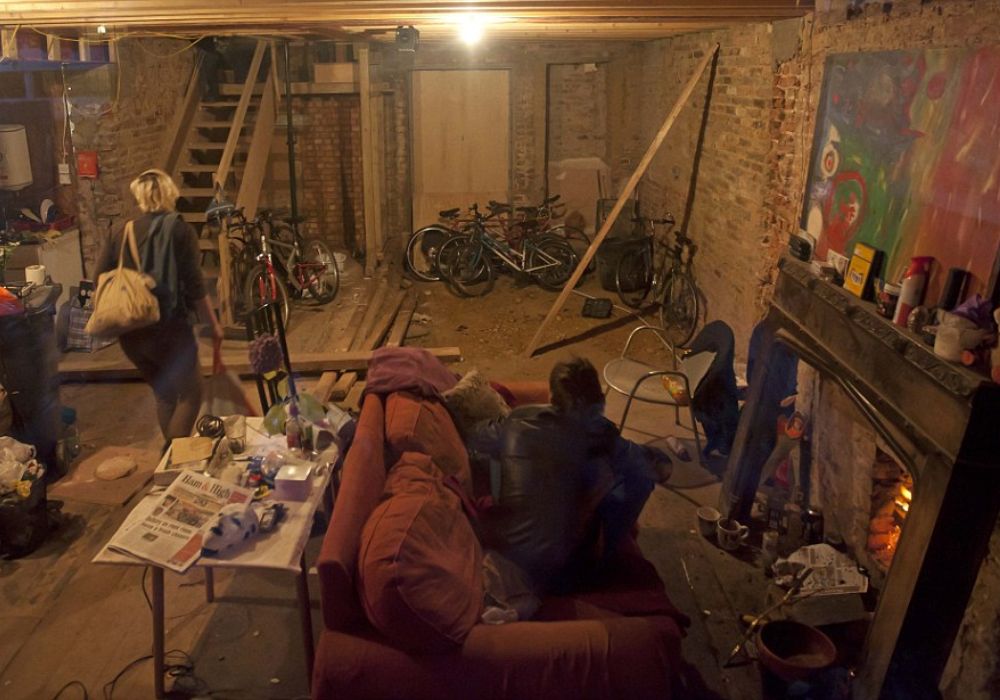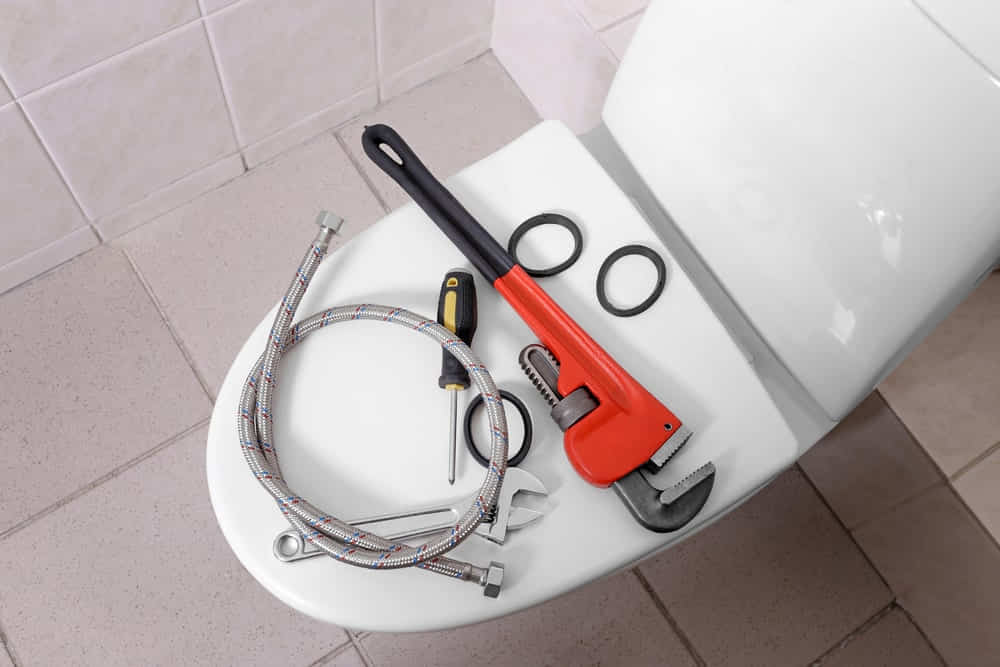When a toilet becomes clogged, it can be a frustrating and unpleasant experience for everyone involved. One common question that arises is who is responsible for a clogged toilet: Landlord or Tenant?
The answer to this question is not straightforward, as it all depends on the terms of the lease agreement between the landlord and the tenant. In this article, we will explore the issue in more detail and provide a comprehensive guide to help you understand who is responsible for a clogged toilet.
Who is Responsible for a Clogged Toilet?

When it comes to responsibility for a clogged toilet, the general rule is that the landlord is responsible for fixing it.
This is because landlords are obligated to maintain habitable living conditions for their tenants, which includes ensuring that plumbing fixtures are in good working order. However, if the clog is a result of tenant misuse or negligence, the tenant may be held liable for the repair costs.
It is always advisable to promptly report any issues to your landlord so that they can arrange for a plumber to resolve the problem. Landlords have a duty to address necessary repairs, including clogged toilets, in a timely manner to maintain a safe and habitable living environment for their tenants.
Related: Who Is Responsible For Vandalism Landlord Or Tenant?
Tenant Responsibility
In some cases, the tenant is responsible for maintaining and repairing the property, including clogged toilets. If the lease agreement specifies that the tenant is responsible for repairs under a certain dollar amount, then the tenant must take care of the clogged toilet themselves.
This may include using a plunger or other methods to clear the blockage. However, if the tenant is unable to fix the problem, they must notify the landlord so that they can arrange for a plumber to fix the issue.
Landlord Responsibility
If the lease agreement specifies that the landlord is responsible for all repairs, including clogged toilets, then the landlord must take care of the issue. This may involve hiring a plumber to fix the blockage or using other methods to unclog the toilet. In this case, the tenant should notify the landlord as soon as possible to ensure that the issue is addressed promptly.
Mitigating Responsibility
In some cases, it may be difficult to determine who is responsible for a clogged toilet. For example, if the toilet becomes clogged due to roots in the plumbing system, it may be difficult to determine whether the landlord or the tenant is responsible. In these cases, it may be necessary to work together to resolve the issue. The landlord and tenant may need to split the cost of repairs or work together to find a solution.
FAQs about who is responsible for clogged toilet landlord or tenant
What does the lease agreement say about who is responsible for a clogged toilet?
The lease agreement is a legal contract between the landlord and the tenant that specifies the terms and conditions of the tenancy. It outlines the responsibilities of both the landlord and the tenant, including who is responsible for maintaining and repairing the property. If the lease agreement specifies that the landlord is responsible for all repairs, then they are responsible for fixing a clogged toilet. If the lease agreement specifies that the tenant is responsible for repairs, then the tenant must take care of the issue themselves or notify the landlord if they are unable to fix the problem.
Is the landlord always responsible for fixing a clogged toilet?
Not necessarily. It depends on the terms of the lease agreement. If the lease agreement specifies that the landlord is responsible for all repairs, then they are responsible for fixing a clogged toilet. However, if the lease agreement specifies that the tenant is responsible for repairs, then the tenant must take care of the issue themselves or notify the landlord if they are unable to fix the problem.
Can a landlord charge a tenant for unclogging a toilet?
If the lease agreement specifies that the tenant is responsible for repairs, then the landlord cannot charge the tenant for unclogging a toilet themselves. However, if the tenant is unable to fix the problem and the landlord hires a plumber, the landlord may charge the tenant for the cost of the plumber's services if the lease agreement allows for it.
If a tenant caused the clogged toilet, are they responsible for fixing it?
If the lease agreement specifies that the tenant is responsible for repairs, then they are responsible for fixing the clogged toilet, even if they caused the problem. However, if the clog is due to a problem with the plumbing system or other issues beyond the tenant's control, then the landlord may be responsible for fixing the issue.
What should a tenant do if they can't fix a clogged toilet?
If a tenant is unable to fix a clogged toilet, they should notify the landlord as soon as possible. The landlord can then arrange for a plumber to fix the issue if necessary. If the lease agreement specifies that the tenant is responsible for repairs, the tenant may need to pay for the cost of the plumber's services.
Can a tenant withhold rent if the landlord doesn't fix a clogged toilet?
No, a tenant cannot withhold rent if the landlord doesn't fix a clogged toilet, as it is not considered a habitability issue. However, the tenant can notify the landlord of the issue and request that it be fixed as soon as possible.
What are the common reasons for a toilet to become clogged?
The common reasons for a toilet to become clogged include flushing inappropriate materials such as sanitary products, excessive toilet paper, or foreign objects. Other reasons may include an issue with the plumbing system, tree roots in the sewer line, or a problem with the septic tank.
Conclusion
In conclusion, the responsibility for a clogged toilet depends on the terms of the lease agreement between the landlord and the tenant. If the lease agreement specifies that the landlord is responsible for repairs, then the landlord must take care of the issue. However, if the lease agreement specifies that the tenant is responsible for repairs, then the tenant must take care of the issue themselves or notify the landlord if they are unable to fix the problem.





